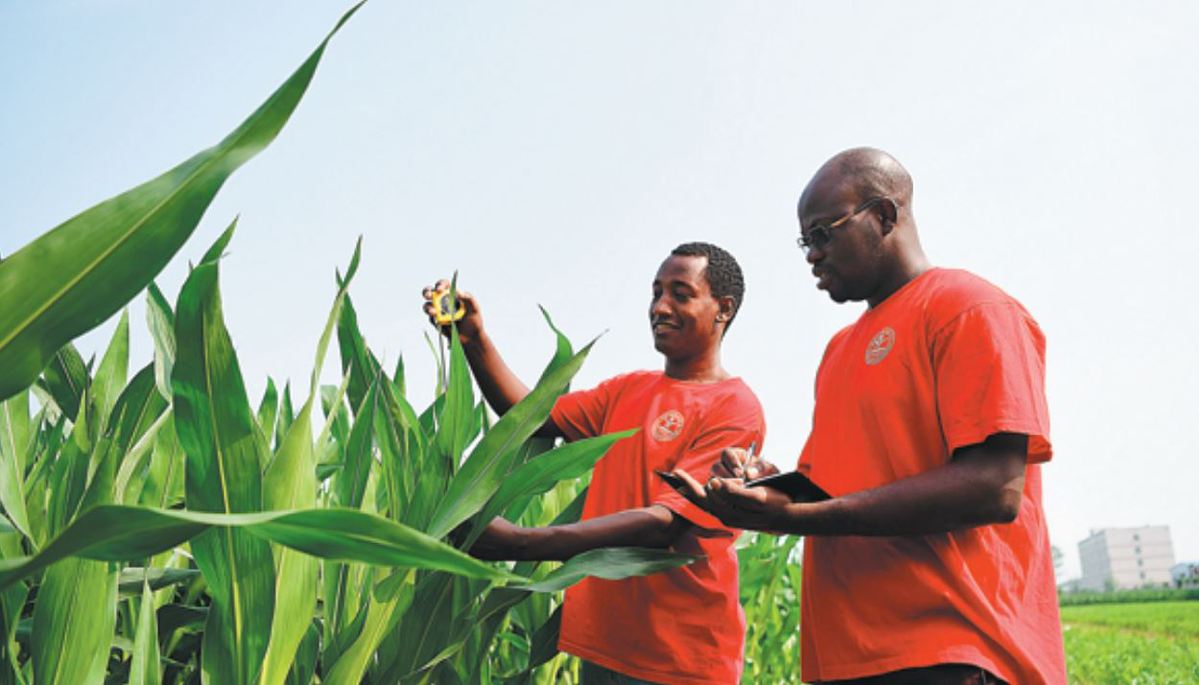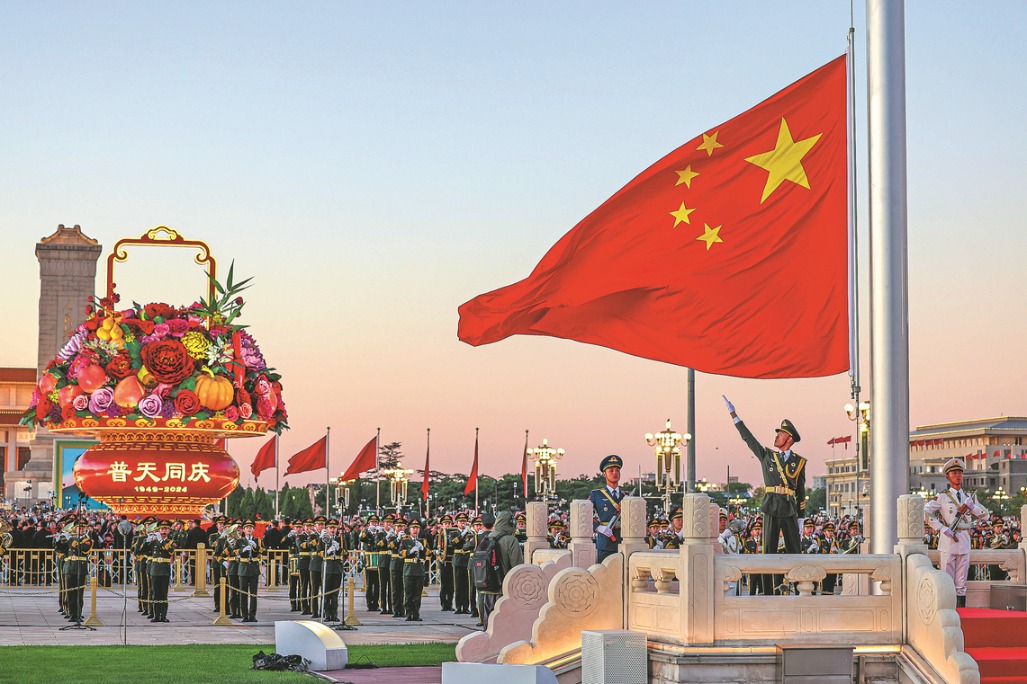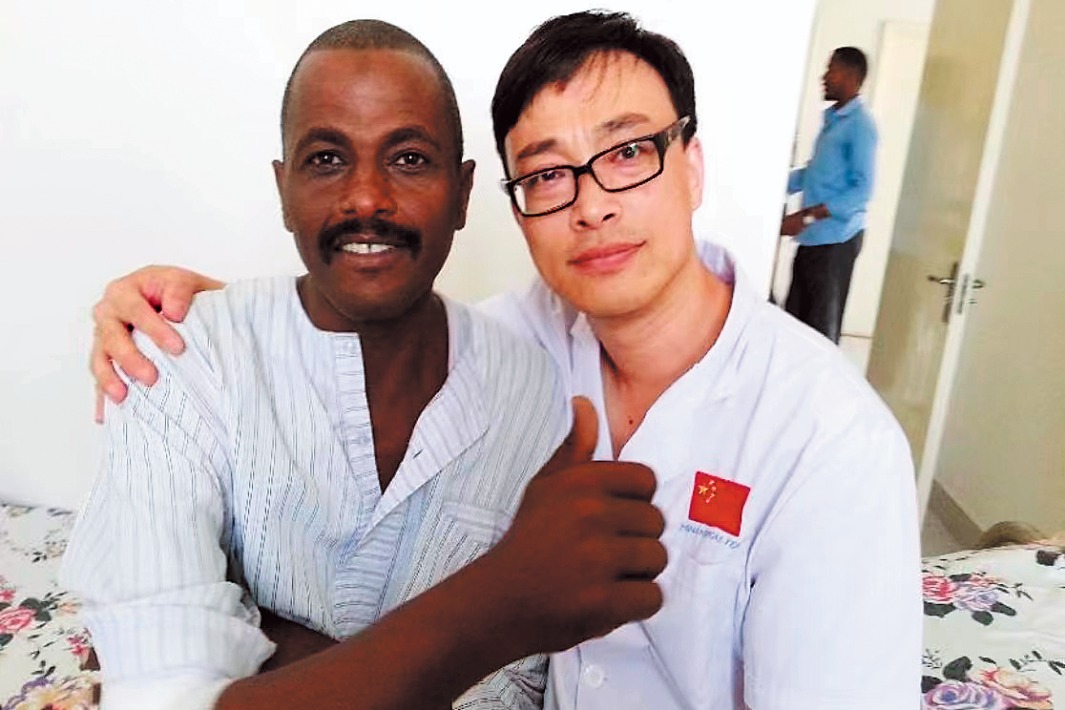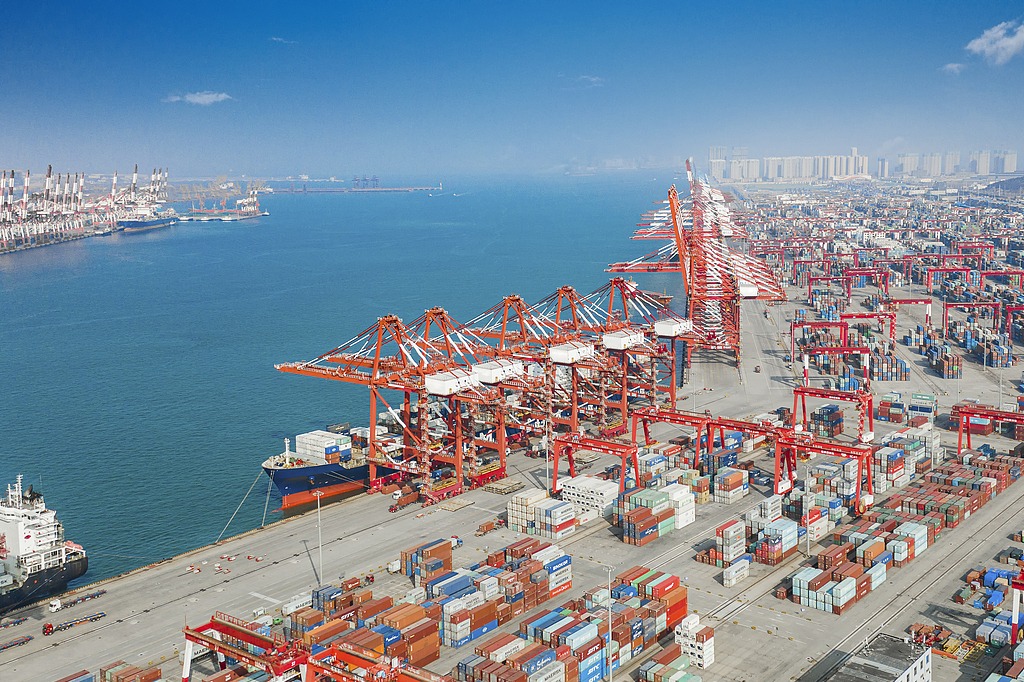China can help Africa achieve food security
Professor says nation's experience in lifting people out of poverty beneficial
By EDITH MUTETHYA in Nairobi | China Daily Global | Updated: 2024-03-08 09:12

China, which has been successful feeding its 1.4 billion people and lifting hundreds of millions out of poverty, is expected to play a key role in helping Africa address food insecurity by engaging in intensified bilateral cooperation in agricultural technology and talent cultivation, a Kenyan professor said.
Speaking ahead of China's annual two sessions — during which its top legislative body, the National People's Congress, and its political advisory body, the National Committee of the Chinese People's Political Consultative Conference, convene in Beijing — this year, Robert Gituru, the African director of the Sino-Africa Joint Research Center at the Jomo Kenyatta University of Agriculture and Technology in Kenya's capital Nairobi, said that as a developing country, China is more likely to understand the challenges that Africa faces and has solutions that are tailored to the continent's situation.
Gituru said China manufactures affordable small-scale agricultural machinery and tools that are helping Africa improve its crop yields. The country also quickly lifted a large number of its people out of poverty, an experience that could benefit the continent.
"Africa has comparatively a large amount of arable land compared to many parts of the world, including China, so if we can import the appropriate technologies from China, Africa will be able to realize food security," Gituru said.
A wide range of issues, including agriculture and food security, are being discussed during the two sessions. Many African people expect new momentum to be injected into the Forum on China-Africa Cooperation, a major platform for Sino-Africa cooperation, as a result of the discussions, the professor said.
Gituru said such cooperation has already brought tangible results across Africa, including at his research center. Last year, the center demonstrated corn growing, and by using proper agronomic techniques from the Chinese Academy of Sciences, the yields increased by 50 percent, he said.
The center also used a Chinese-made handheld planter that saves labor, makes straight rows while plowing and does planting, seeding and field fertilization. Local farmers have shown keen interest in the device.
Gituru said China is also manufacturing a machine that could help farmers produce more nutritious feed for their livestock.
Notably, China is demonstrating how to grow value-added crops such as grapes, kiwi fruit and foxtail millet in Africa, he said.
The professor said in addition to producing small-scale agricultural machines and tools, Chinese enterprises are keen on participating in the localized production of fertilizers. He believes this will be especially beneficial, as the lack of fertilizers is one of the leading causes of low agricultural production in Africa.
A Chinese institute that has been reclaiming the Taklimakan Desert, the largest desert in China, is passing on its skills and technology to African countries through the Great Green Wall Initiative, which aims to increase the amount of arable land in the Sahel, the region bordering Africa's Sahara Desert.
Gituru said when African students pursue their studies in China, there is usually no brain drain, as they generally come back to their countries to apply what they've learned.
He said China is committed to enhancing institutionalized cooperation on quarantine and inspection with Africa, urging authorities to ensure farmers use proper crop husbandry techniques that will allow their products to access international markets.
"We hope China will enrich the 'green channel' for African countries' agro-products so they can enter China and leverage the trade-promoting role of the China-Africa Economic and Trade Expo and other shows to increase the export of agricultural products from Africa to China," he said.
Gituru said for African countries to build a strong base of support, they should take advantage of the training that their farmers and academicians can get from China.
"In addition, we should strategize on how to benefit from the large market for agro-produce that exists in China by making sure that our production methods are aligned with the needs of the market," he said.
























